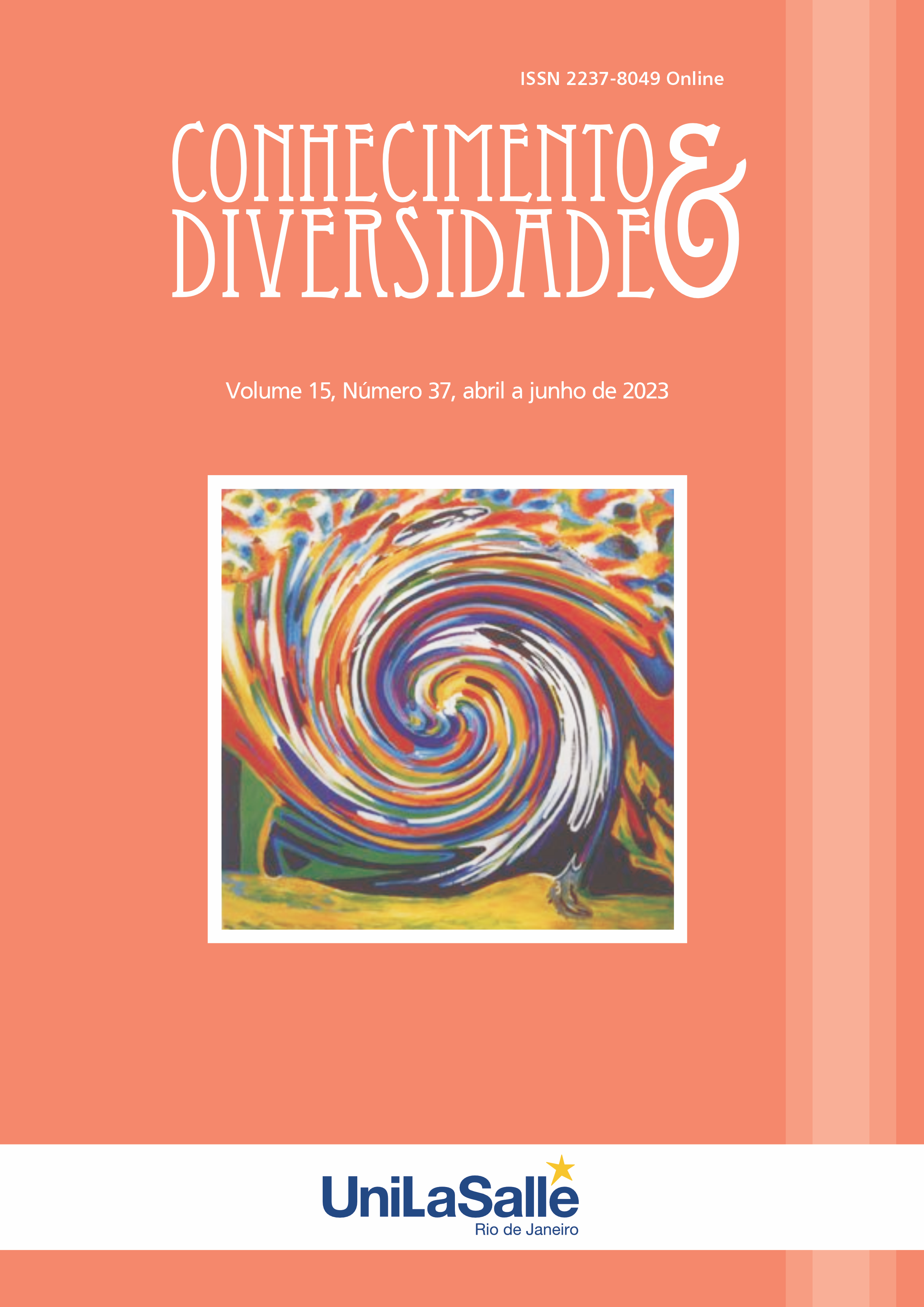ART DESIGN AS A NEW DIRECTION OF MODERN DESIGN DEVELOPMENT
DOI:
https://doi.org/10.18316/rcd.v15i37.10948Keywords:
Tendencies in artistic design, Construction of a design project, Features of the art design, Nature of the art objects, Technological means in the art design.Abstract
At the beginning of the XXI century, a process of rapid development of world art and reassessment of artistic values took place in network culture. A new language of art is formed and developed in parallel with the development of the latest technologies. Changing the assessment and reality perception process requires adaptation of design subjects to the new world, in which information flows, opportunities, and scientific and technical innovations are rapidly and steadily growing and transforming. The changing perspective on art objects – from the past to the future – encourages art consumers to acquire a new sense of art going beyond the boundaries of everyday life and makes us relate to the world in a new way, accordingly transforming our everyday life, our desires and feelings. The rapid development and spread of the latest technologies, the entry to a qualitatively new level of visualization leads to the emergence and integration of new, little-researched processes in the field of design, for instance, art design. The purpose of the academic paper is to study the regularities of art design formation as a new trend in developing the modern design sphere, as well as to clarify some practical features of this process. Analytical-bibliographical, systemic-structural, comparative, logical-linguistic methods, abstraction, idealization, analysis, synthesis, induction, deduction were used in the course of the research to study the scientific literature on the art design development, as well as a questionnaire to reveal certain aspects of practical issues in this sphere. Based on the research results, the theoretical and practical aspects of developing art design as a new direction in the field of modern design were studied.
Downloads
Published
Issue
Section
License
Copyright (c) 2023 Conhecimento & Diversidade

This work is licensed under a Creative Commons Attribution 4.0 International License.
As recommended by the Public Knowledge Project, RCD adopts for its articles a CREATIVE COMMONS Attribution CC BY 4.0 license.
This license allows others to distribute, remix, adapt and build upon your work, even commercially, as long as they credit you for the original creation.
This is the most appropriate license offered.
Recommended for maximum dissemination and use of licensed materials.



